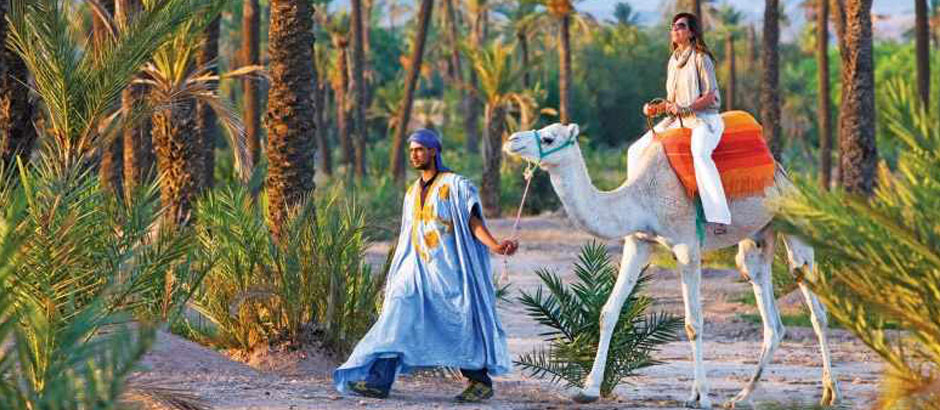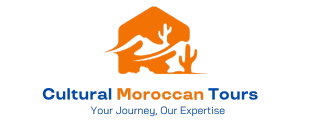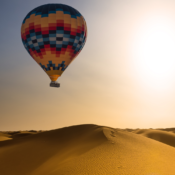Explore the Moroccan Culture

Explore the Moroccan Culture
Moroccan Culture and People
Moroccan culture is a captivating blend of indigenous Berber traditions, Islamic influences, and remnants of its colonial past. This rich tapestry is shaped by centuries of history, diverse geography, and the coexistence of various ethnic groups. At its core, Moroccan culture values hospitality, family, and community. The warm and welcoming nature of Moroccans often leaves a lasting impression on visitors.
In Morocco, you’ll immerse yourself in a vibrant tapestry of cultures, reflecting the nation’s diverse population and rich ethnic heritage. Moroccans are the product of a harmonious fusion of Berber, Arab, and various other cultural influences, resulting in a captivating mosaic of traditions and practices.
A standout feature of Moroccan culture is the genuine hospitality and warmth of its people. Moroccans take immense pride in extending a warm welcome to visitors, creating an environment that feels like a home away from home. Whether you’re traversing bustling cities, quaint villages, or nomadic enclaves, you’ll encounter a heartfelt reception characterized by kindness and hospitality.

Moroccan society is deeply rooted in a set of values, attitudes, and cultural norms that shape everyday life. Family is the cornerstone of Moroccan culture, and close-knit family ties are highly prized. Respect for elders and a strong sense of communal responsibility are integral aspects of Moroccan values. Additionally, traditional etiquette, including a handshake and polite phrases to convey respect, is highly regarded.
When engaging with locals, it’s essential to be mindful of these cultural norms. Dressing modestly, especially when visiting religious sites or rural areas, is not only a sign of respect for Moroccan traditions but also a gesture of cultural sensitivity. Furthermore, learning a few basic phrases in Arabic or French, the commonly spoken languages, can facilitate meaningful connections and express your appreciation for the local culture.
As you embark on your Moroccan journey with Morocco Tour Magic, approach it with an open heart and embrace the genuine warmth of the Moroccan people. Their authentic hospitality and friendliness are certain to create indelible memories during your family’s travel adventure.
Languages and Communication:
Morocco is a country known for its rich cultural tapestry and linguistic diversity, both of which play a pivotal role in shaping the nation’s identity. Language and communication in Morocco reflect the intricate mosaic of its cultural heritage.
Moroccan Language: The linguistic landscape of Morocco is multifaceted, with various languages spoken throughout the country. The most widely spoken languages are Arabic and Amazigh (Berber), both of which hold official status. Arabic is the nation’s official language, used in government, education, and media. Amazigh, on the other hand, has gained recognition in recent years and is actively promoted to preserve the indigenous culture.
Dialect Variation: Within Morocco, you’ll encounter a fascinating array of Arabic dialects, including Darija, which is the colloquial Moroccan Arabic. Each region of the country boasts its own distinct dialect, showcasing the country’s linguistic diversity. This dialectal variation is a testament to Morocco’s rich history and cultural heritage.
Communication Style: Moroccan culture places great emphasis on interpersonal relationships and warm communication. Moroccans are known for their hospitality and friendliness, making conversations a delightful experience for visitors. Politeness and respect for others are highly valued in Moroccan society, influencing the communication style. People often engage in lengthy, friendly exchanges and greet each other warmly.
Communication Between People: Moroccan communication is characterized by its expressive nature. Gestures, facial expressions, and body language often complement verbal communication, adding depth and nuance to conversations. When communicating with locals, it’s essential to be courteous and attentive to social customs to foster positive interactions.

Cultural Morocco: Language is an essential vessel for preserving and transmitting Moroccan culture. It serves as a means of passing down traditions, storytelling, and expressing the nation’s rich history. The coexistence of Arabic, Amazigh, and French languages, among others, reflects Morocco’s historical encounters with different civilizations and cultures.
In conclusion, the linguistic and communicative landscape of Morocco is a reflection of its cultural richness and historical diversity. The use of language in this North African nation not only facilitates daily interactions but also serves as a powerful tool for preserving the vibrant heritage of Moroccan culture. Whether engaging in lively conversations or exploring the nuances of local dialects, language plays an integral role in immersing oneself in the captivating world of Morocco.
Savoring the Soul of Morocco: A Journey through Moroccan Cuisine
Morocco, a culinary treasure trove, beckons food enthusiasts with its rich tapestry of flavors and aromatic traditions. As you embark on a gastronomic adventure through the alleyways of Moroccan cuisine, you’ll discover the essence of the nation’s heart and soul.
Moroccan Cuisine: A Melting Pot of Flavors
Moroccan cuisine is a tantalizing blend of Berber, Arab, Andalusian, and Mediterranean influences. The result? A culinary fusion that delights the senses. From the moment you sample your first dish, you’ll understand why Moroccan cuisine is celebrated worldwide.
Moroccan Traditional Food: A Taste of Authenticity
For a genuine taste of Morocco, delve into traditional dishes that have stood the test of time. Harira, a hearty tomato-based soup

Recent Posts
4×4 in the sahra desrt of morocco – Merzouga
Wedding Traditions in Morocco – Detailed Guide
How Many Days in Casablanca: Plan the Perfect Urban Moroccan Escape
Quick booking process
+212 610-986722



